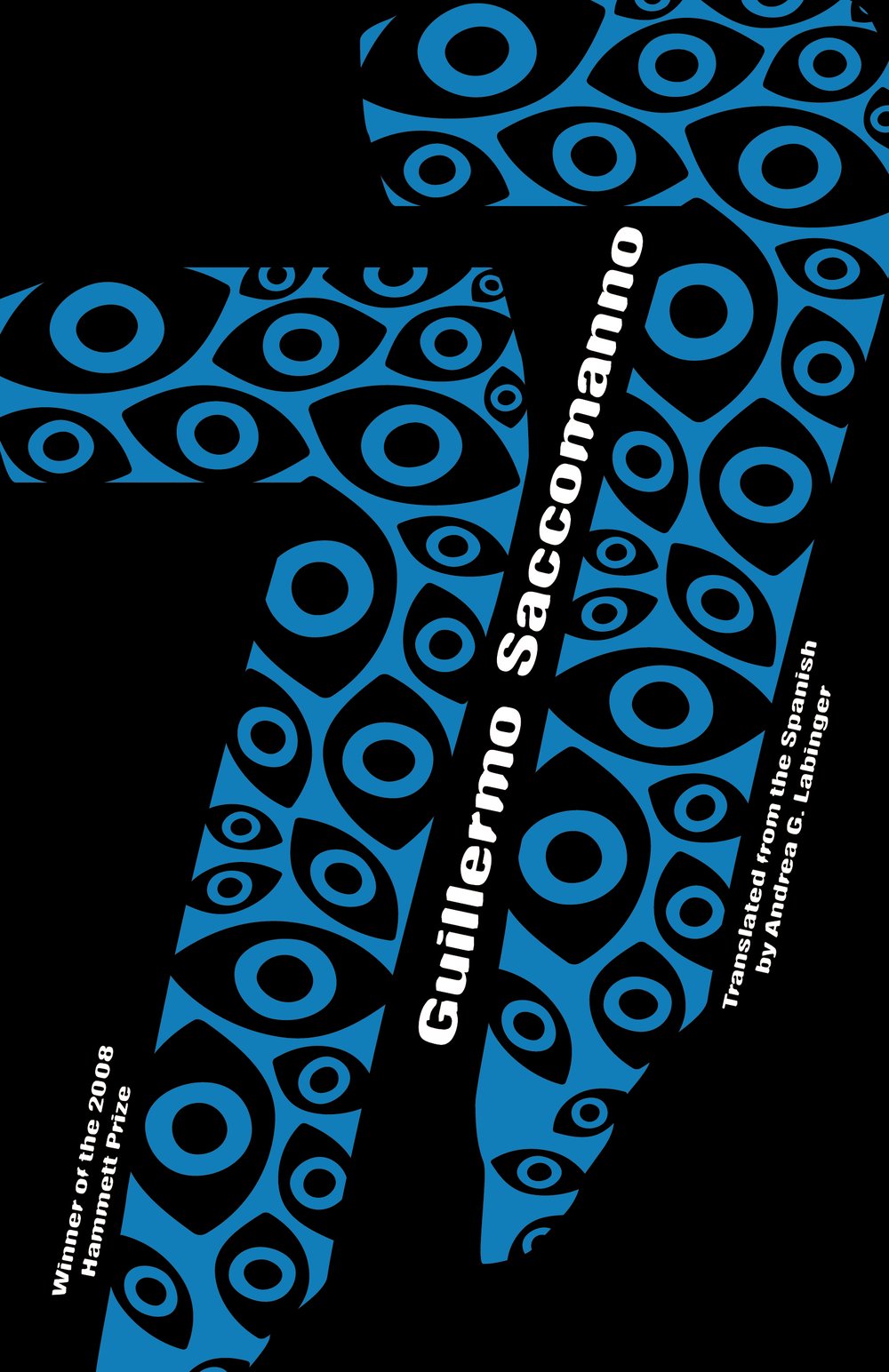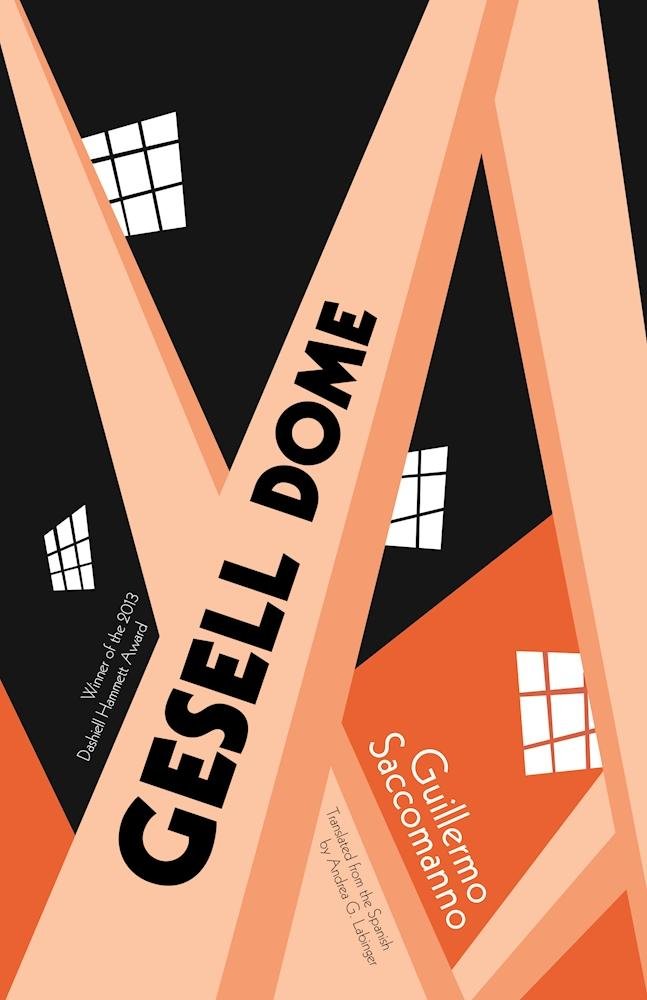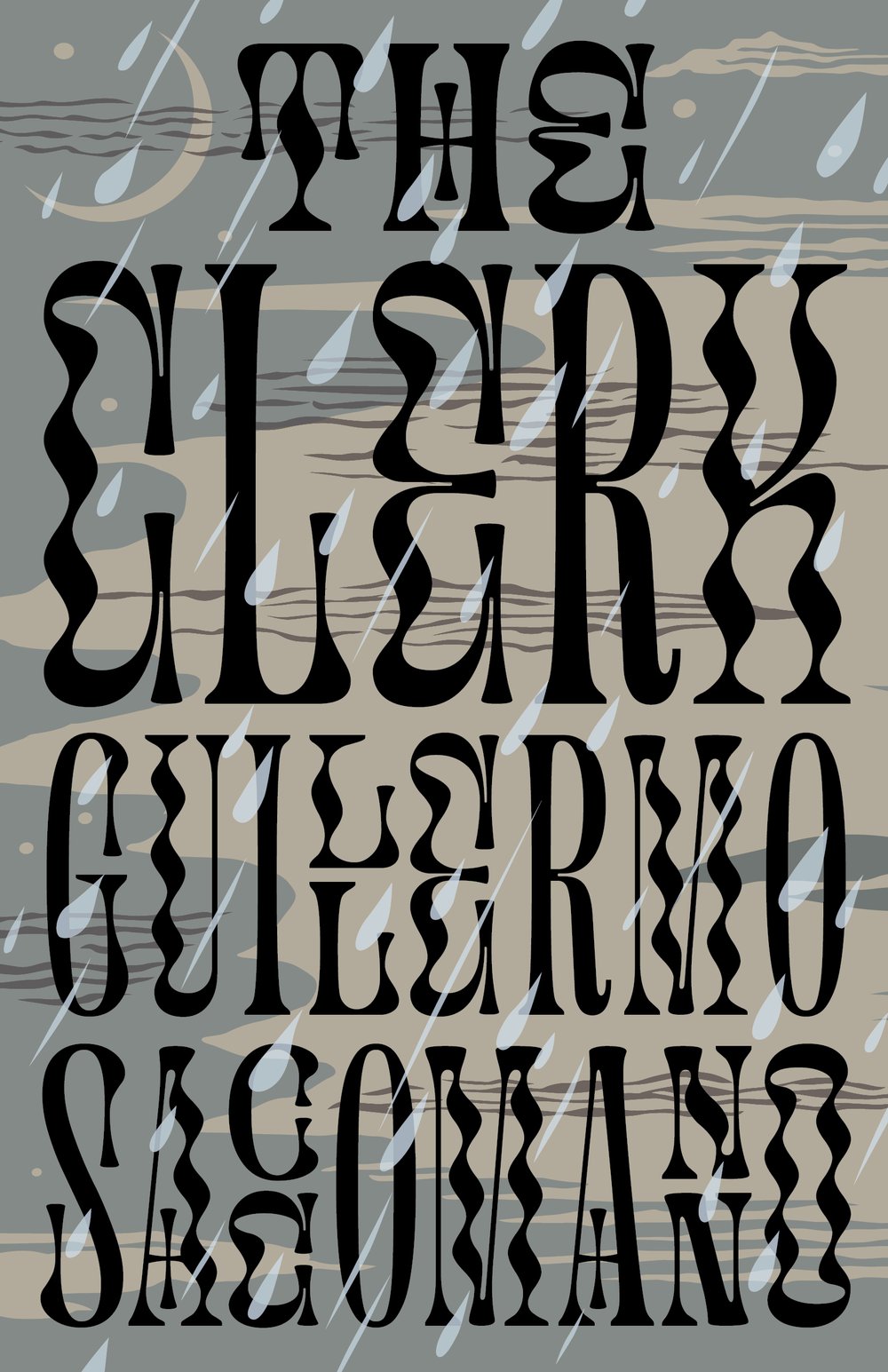77

Buenos Aires, 1977. In the darkest days of the Videla dictatorship, Gómez, a gay high-school literature teacher, tries to keep a low profile as one-by-one, his friends and students begin to disappear. When Esteban, one of Gómez's favorite students, is taken away in a classroom raid, Gómez realizes that no one is safe anymore, and that asking too many questions can have lethal consequences. His life gradually becomes a paranoid, insomniac nightmare that not even his nightly forays into bars and bathhouses in search of anonymous sex can relieve. Things get even more complicated when he takes in two dissidents, putting his life at risk—especially since he's been having an affair with a homophobic, sadistic cop with ties to the military government. Told mostly in flashbacks thirty years later, 77 is rich in descriptive detail, dream sequences, and even elements of the occult, which build into a haunting novel about absence and the clash between morality and survival when living under a dictatorship.

Guillermo Saccomanno is the author of numerous novels and story collections, including El buen dolor, winner of the Premio Nacional de Literatura, and 77 and Gesell Dome, both of which won the Dashiell Hammett Prize. (Both available from Open Letter.) He also received Seix Barral's Premio Biblioteca Breve de Novela for El oficinista and the Rodolfo Walsh Prize for nonfiction for Un maestro. Critics tend to compare his works to those of Balzac, Zola, Dos Passos, and Faulkner.
Andrea G. Labinger is the translator of more than a dozen works from the Spanish, including books by Ana María Shua, Liliana Heker, Luisa Valenzuela, and Alicia Steimberg, among others.


